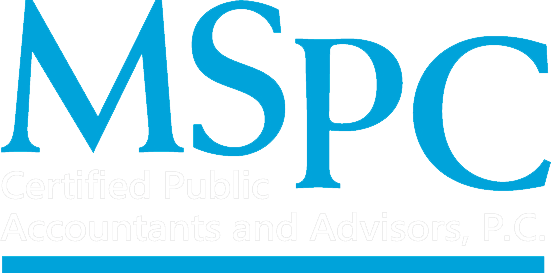In a recently published FAQ, the IRS stated that Advance Child Tax Credit payments cannot be counted as income when determining if the recipient taxpayer or anyone else is eligible for benefits or assistance, or how much the taxpayer or anyone else can receive, under any federal program or under any state or local program financed in whole or in part with federal funds. These programs also cannot count advance payments as a resource for purposes of determining eligibility for at least twelve months after the taxpayer receives the advance payment.
The IRS added that these payments will not be reduced (that is, offset) for overdue taxes from previous years or other federal or state debts that the taxpayer owes. However, if the taxpayer receives a refund when they file their 2021 tax return, any remaining Child Tax Credit amounts included in their refund may be subject to offset for tax debts or other federal or state debts they owe. Moreover, if the taxpayer files a joint 2021 tax return and the couple receives a refund, any remaining Child Tax Credit amounts included in their refund may be subject to offset for tax debts or other federal or state debts the spouse owes.
Advance payments may not be offset against amounts the taxpayer or his spouse owes in past-due child support.
